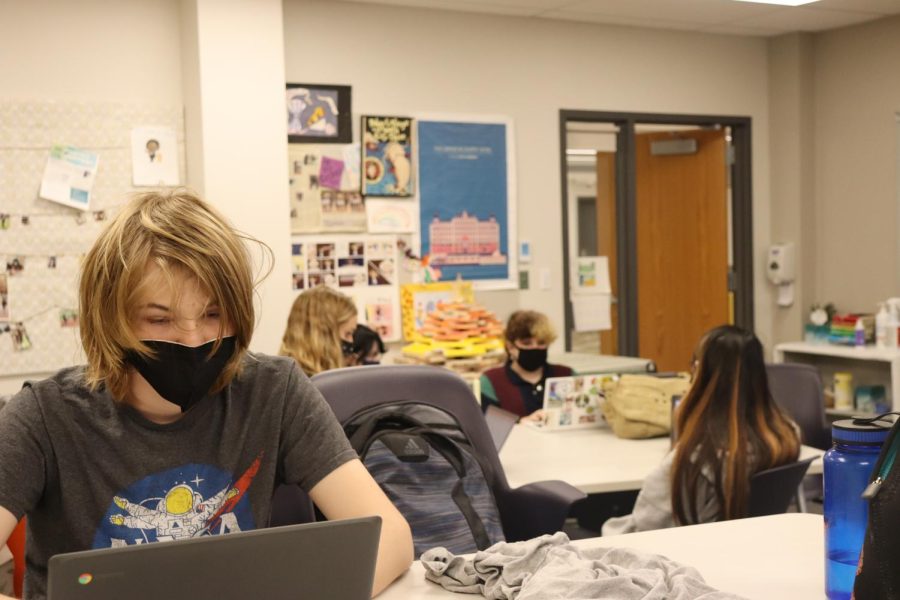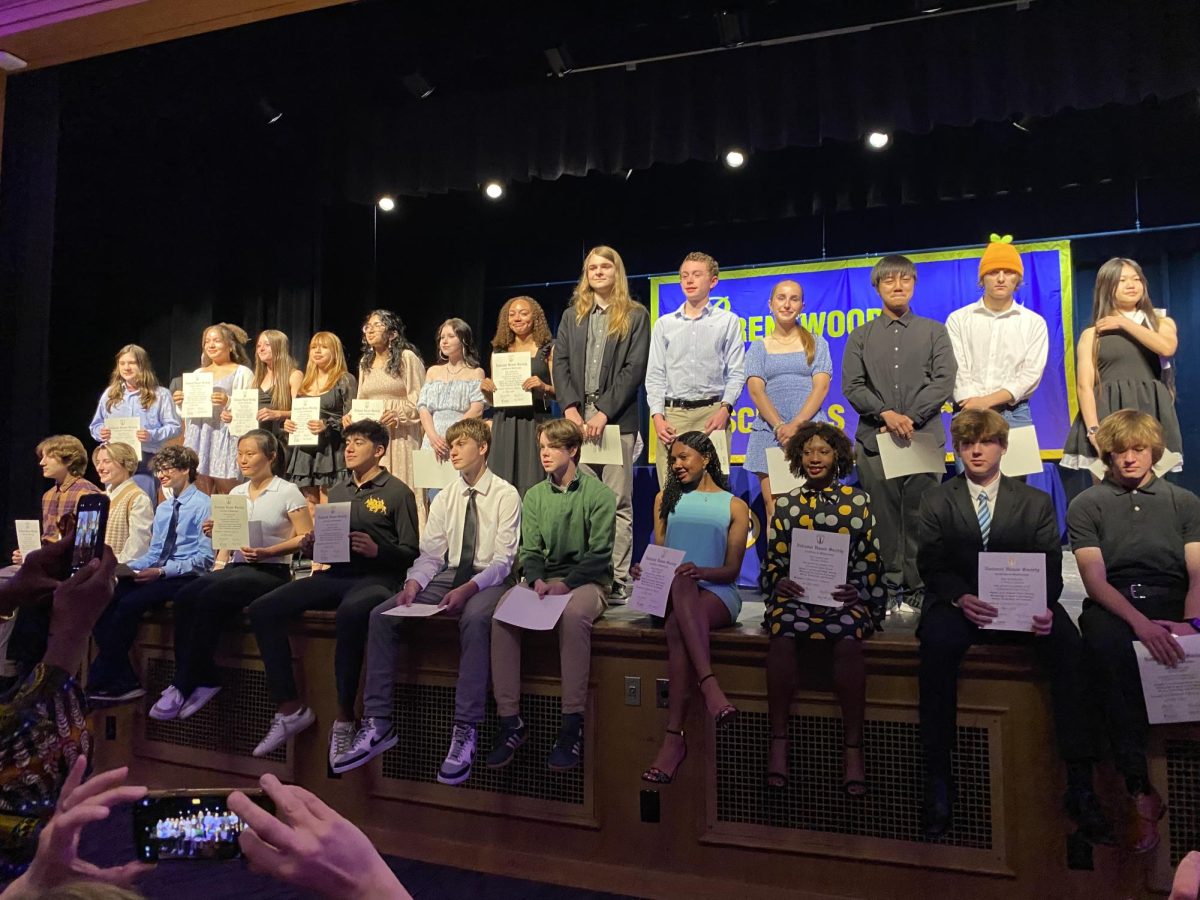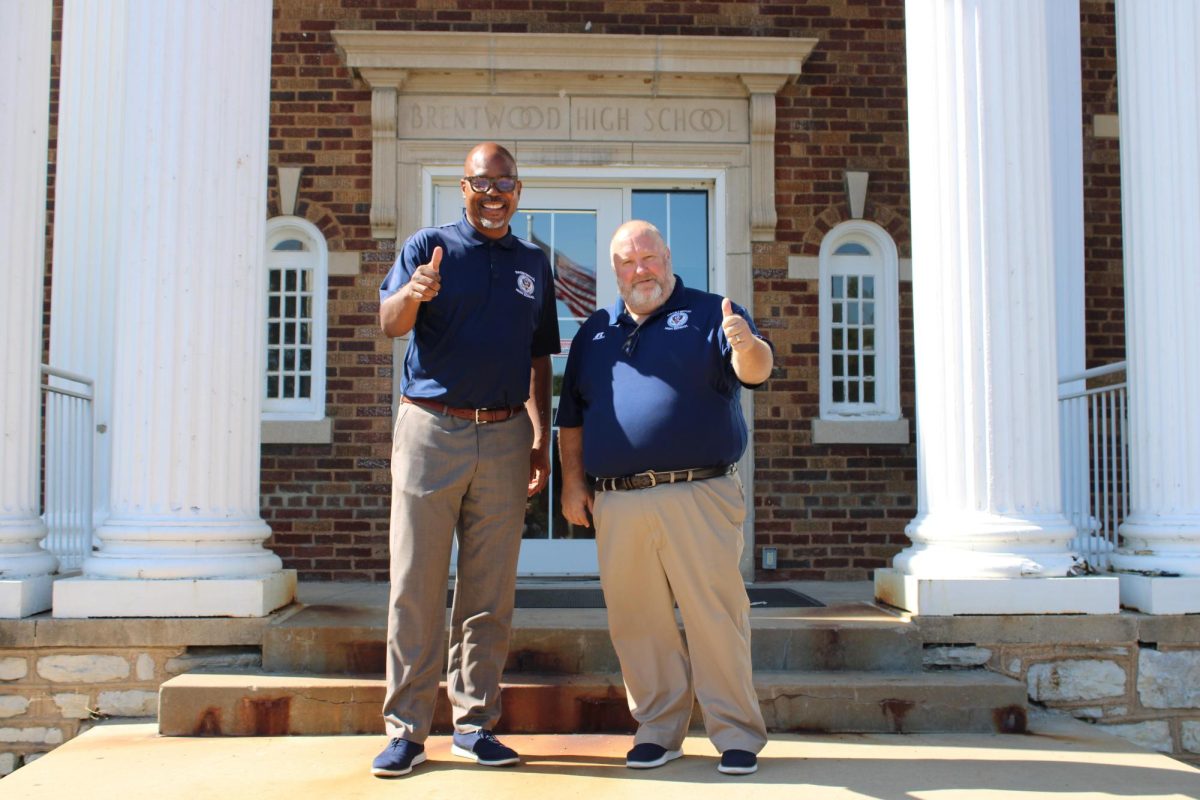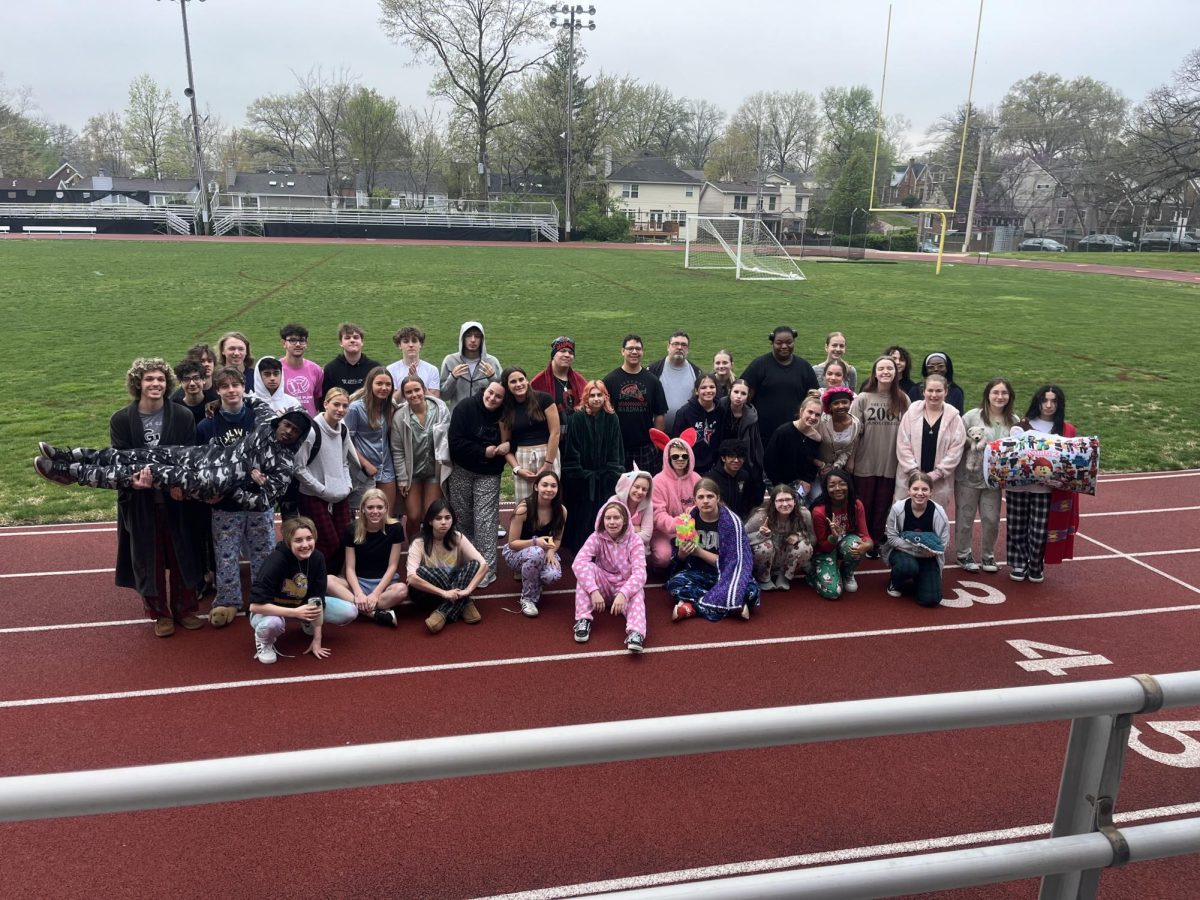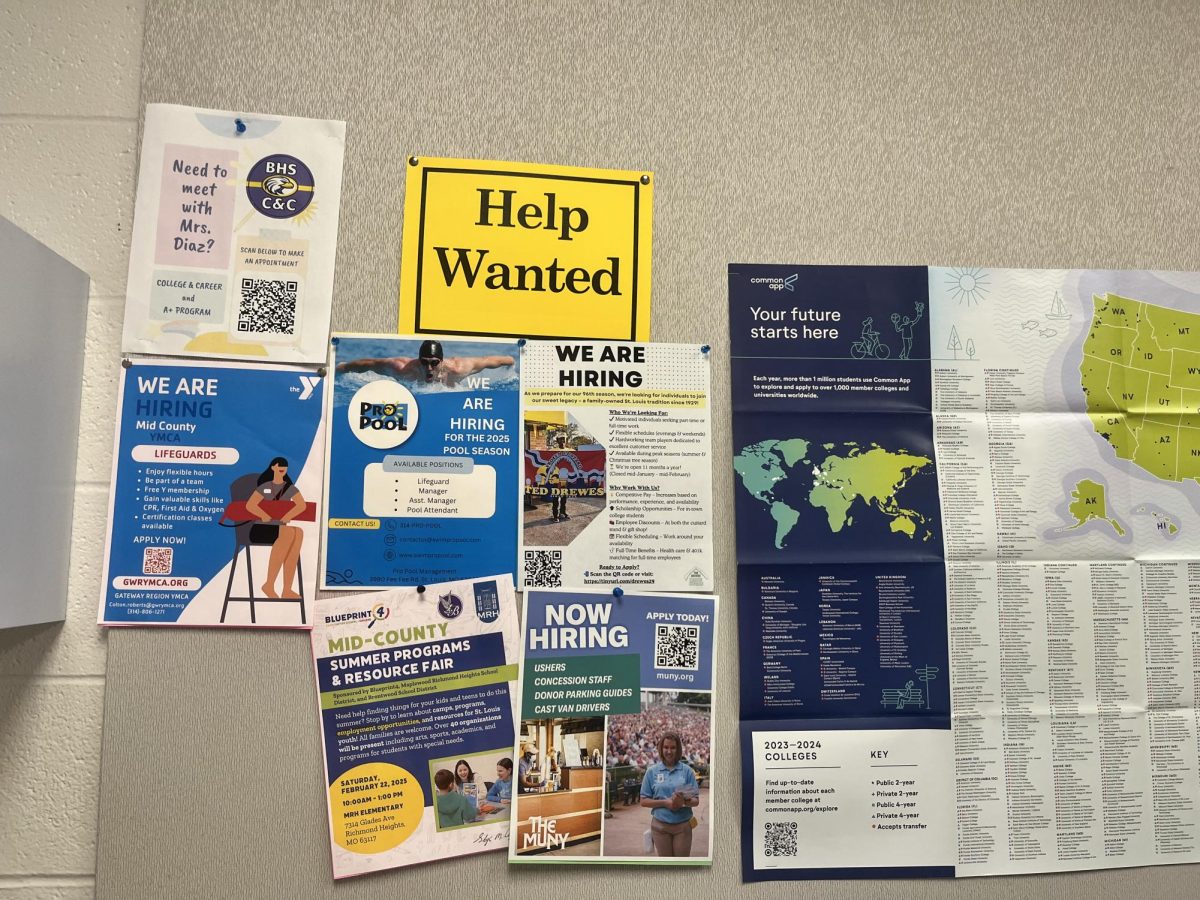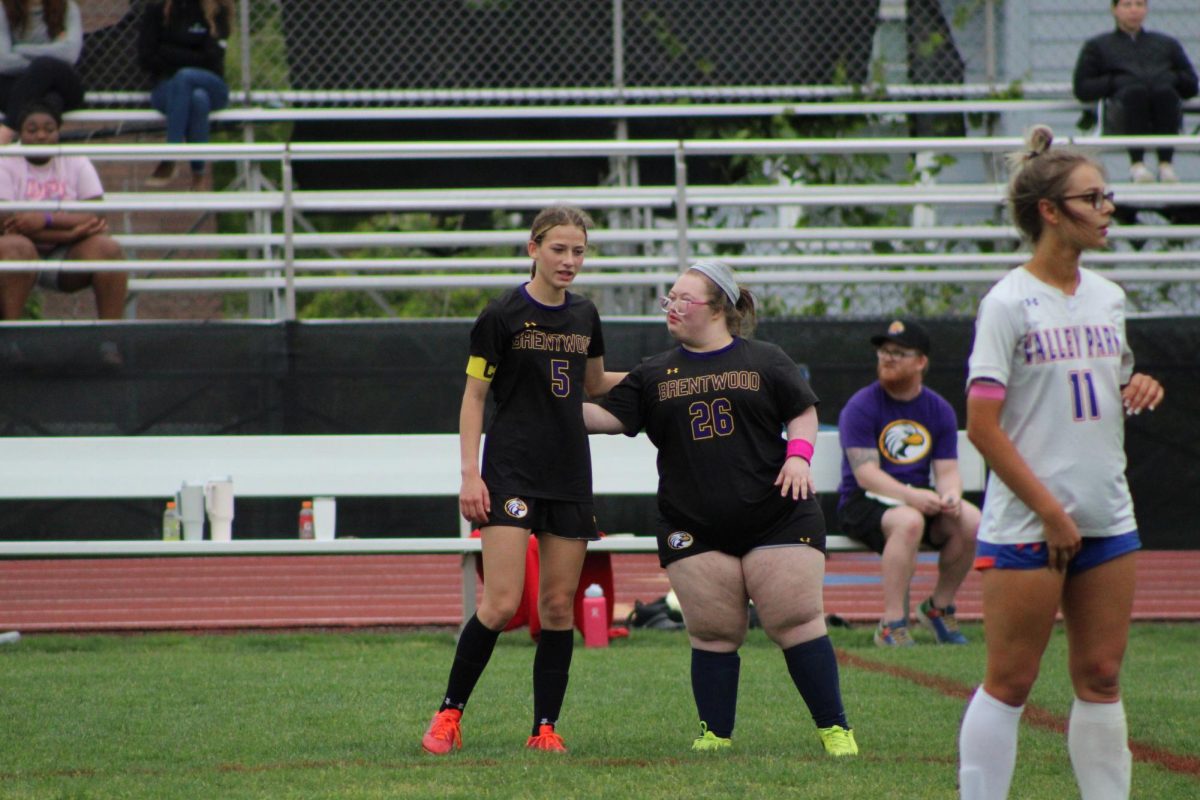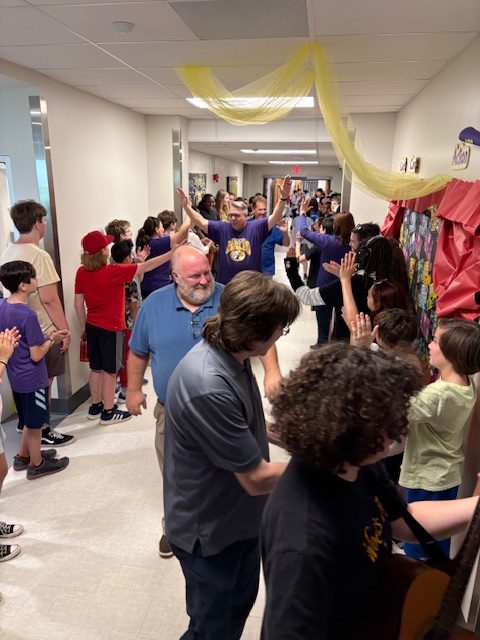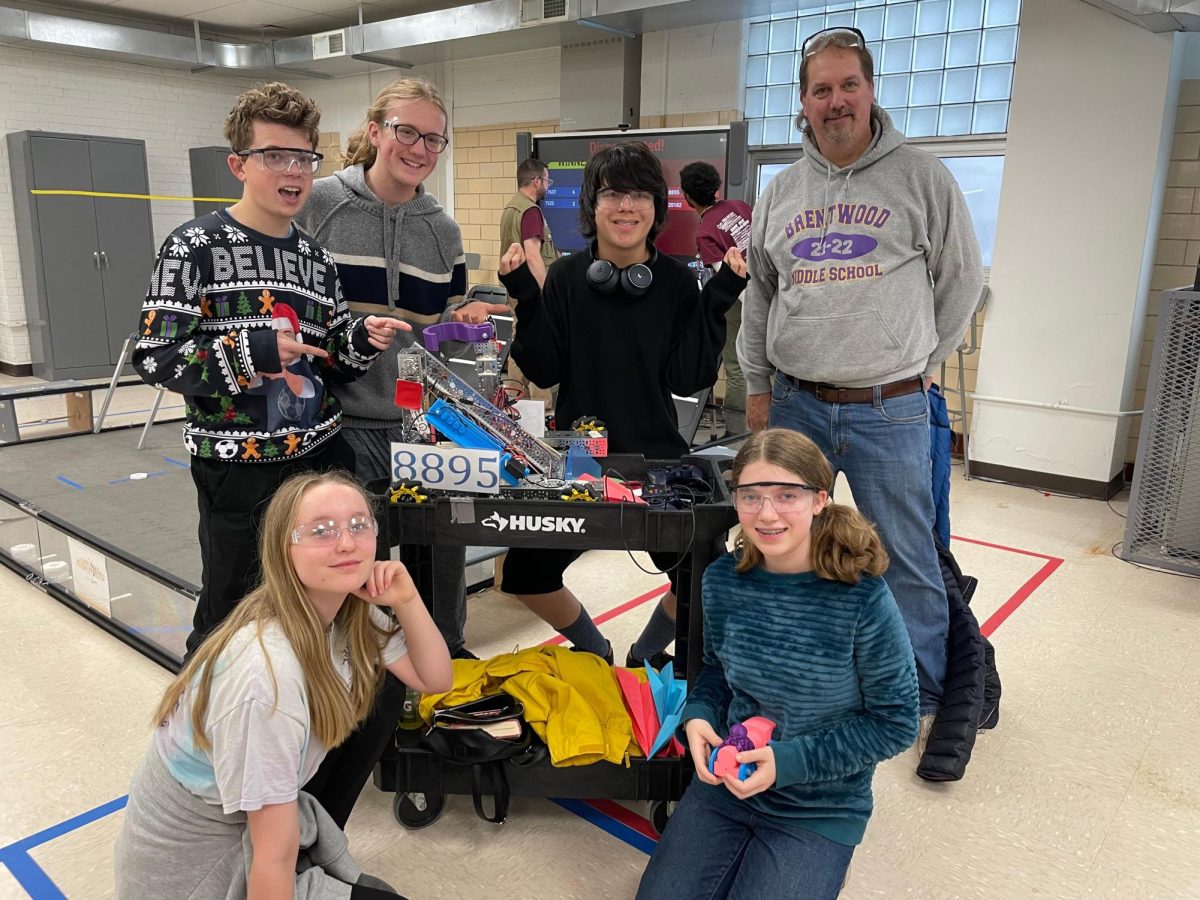Last Tuesday, as reported in the St. Louis Post Dispatch, Attorney General Eric Schmitt demanded that local governments, health agencies, and school districts quit following COVID-19 health orders in accordance with Cole County Circuit Judge Daniel Green’s ruling last month. Green, in response to a lawsuit filed in 2020, had ruled that state health orders in relation to the spread of Covid should be lifted because they violated the state constitution’s separation of powers clause.
Schmitt, a Republican running for U.S. Senate, not only threatened public school districts in a letter: “Failure to follow the court’s judgment may result in enforcement action against you to remove orders the court has determined are unconstitutional and illegal;” he also urged parents to report school districts with mask and quarantine rules.
Sure enough, the next day, some parent groups in the Rockwood School Districts (among other schools) were reported as escorting their kids to schools to make sure no one told their children to wear masks because they don’t legally have to.
However, these parents and Attorney General Eric Schmitt are mistaken.
What Schmitt isn’t understanding or isn’t choosing to understand is that under state law, school officials have the authority to implement health rules.
And who is a school official? The school board.
In the State of Missouri, individual districts elect a board of seven residents to represent the community’s interests for each local district. All decisions, including those having to do with health and safety, are made by the school board and not controlled by rulings like the one Schmitt is referencing.
In short, if the school district’s school board decided the school needed a mask mandate and to follow quarantine procedures, then the mask mandate and quarantines are legal. Yet, some Rockwood students and parents continue to protest, citing Schmitt’s erroneous advice. After a protest last Friday, the Rockwood School District sent out the following statement as reported in KMOV4.
“Through our Rockwood Safe Together mitigation strategies, we have been successful in keeping students in school for over a year. We understand that some students, staff and parents have grown tired of wearing masks. For several weeks we have been consulting with health advisors, legal advisors, other area school leaders and the Board of Education to consider adjustments to our mitigation strategies for the second semester. We have developed a plan that we will be presenting to the Board of Education at the Dec. 16 meeting and we will be sharing details of the plan publicly on Monday. In the meantime, we ask our staff and families for patience and support as we thoughtfully consider updates to our safety measures that impact thousands of students and staff.”
While we wait and see what the Rockwood Board of Education decides to do after the Dec. 16th district presentation at the meeting, over here in the Brentwood School District, controversy is … well, less.
As shared yesterday in an email to all parents and students in the district, Brentwood administration has put its full support behind the school board and its efforts to mitigate the spread of infection from Covid-19 by namely, keeping the mask mandate and quarantines.
In the email, Brentwood Superintendent, Brian Lane, announced to the district that in light of Schmitt’s letter, the decisions made by the school board would not change. The district-wide mask mandates will remain in place for the foreseeable future. The school board will continue to make decisions based on accurate public health data.
Brentwood School Board President Lindsey Spencer said, “I feel like we have good support from our community to continue doing what we can to make sure our kids stay in school and are in the classroom.”
The integrity of student safety relies on the ability of elected officials to make decisions that are best for their school community rather than simply adhering to the rules of other public spaces. This heavy reliance on decisions made by the school board places a lot of weight on the shoulders of the seven elected members. With that weight also comes a large voice and significant, influential power over the school community.
These formerly neutral spaces are becoming political battlegrounds, and Missouri is right at the center of it.


